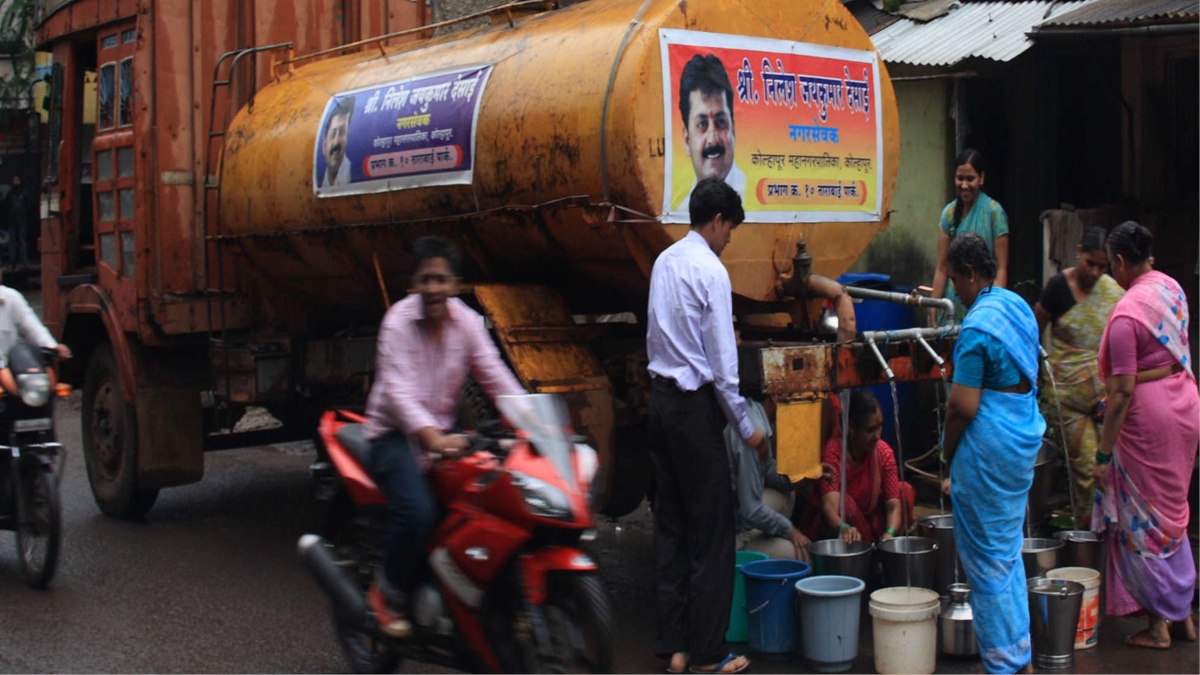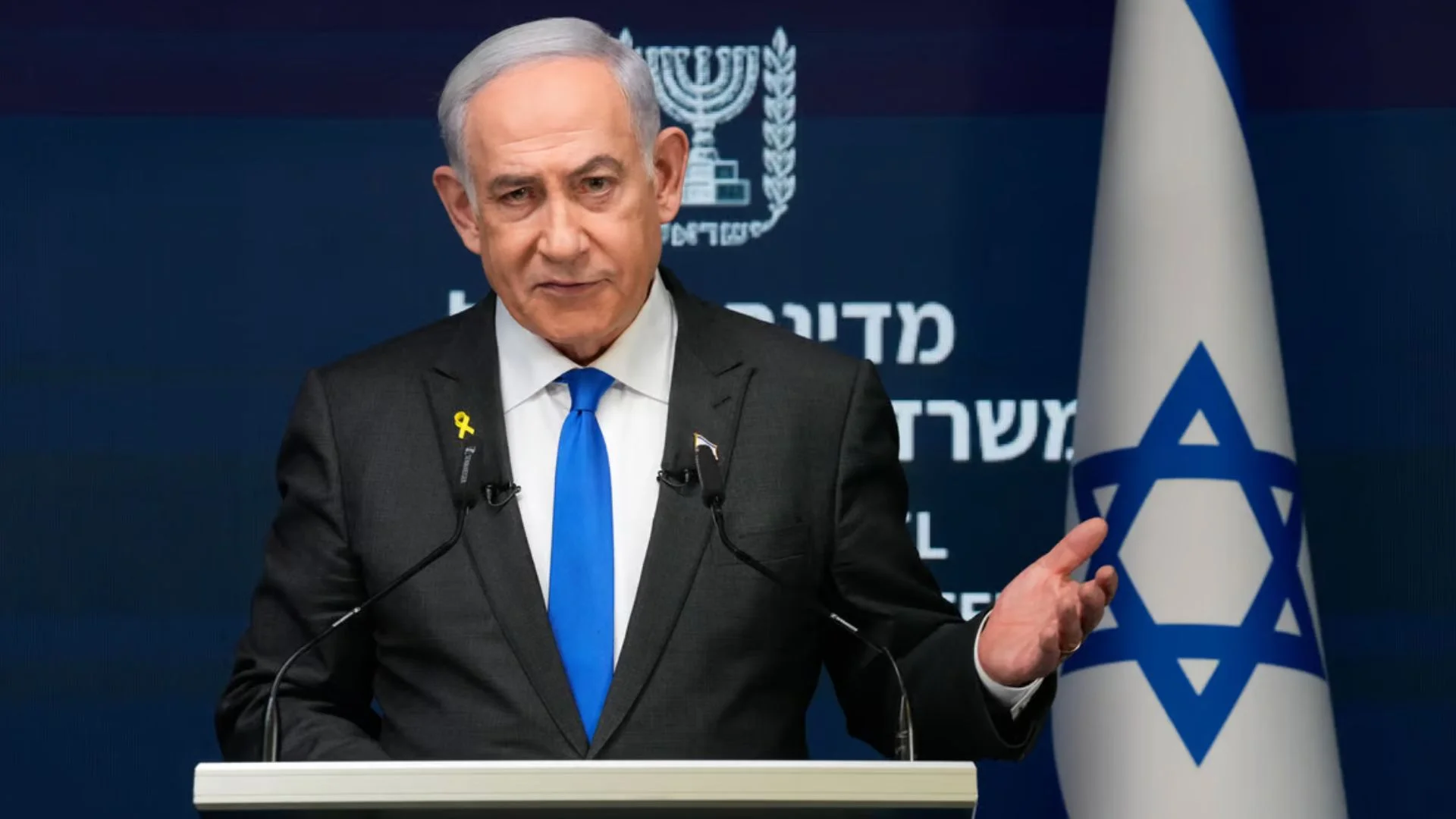New Delhi: In the last few weeks, the Greater Hyderabad Municipal Corporation elections have been covered extensively in the news. In the run up to the elections, various parties revealed their manifestos in order to attract voters. Free water supply was a common promise in the manifestos of all the parties.The ruling Telangana Rashtra Samithi (TRS) promised free water for all up to 20,000 litres, while the Indian National Congress promised up to 30,000 litres of free water for all.
Free water as an election promise is nothing new. The Arvind Kejriwal – led Aam Aadmi Party (AAP) promised the same to voters in the national capital in 2013. Several parties, including the INC in Rajasthan, have promised voters the same. Undoubtedly, the right and access to clean water is a human right and any political party in power should ensure the provision of the same for all. So shouldn’t the promise of free water supply by a political party be a great thing? However, this is not the case. We must remember that providing access to clean and safe water (especially a problem in rural areas) is a very different promise than providing free water supply as an election promise to all in an attempt to capture votes. The promise of free water supply often has conditions attached to it, such as the fact that recipients must have a metered water connection or connection to a piped water supply network. Due to the same, poorer sections of society and those living in rural areas who currently suffer the most from non-availability of water cannot avail the benefits of such a scheme. Let’s have a look at how the free water schemes implemented in Rajasthan and New Delhi have fared so far.







